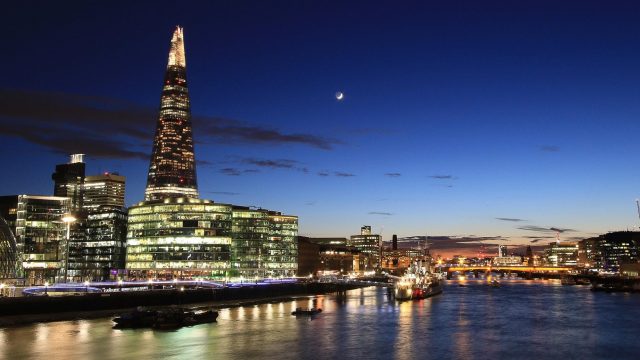Major brands are failing to disclose the risks of human trafficking and forced labor in their supply chains according to Thomson Reuters Foundation. Under Britain’s 2015 Modern Slavery Act, companies with an annual revenue of over 36 million pounds ($48 million) are required to issue statements on how they are addressing slavery in their supply chains.
CORE, a corporate accountability watchdog, conducted a survey of company statements and found that many lacked transparency and details on what actions were being taken. The director of CORE, Marilyn Croser, noted:
“The level of complacency from major companies, particularly those that trumpet their corporate social responsibility, is startling. Genuine transparency about the problems is needed, not just more PR.”
Companies required to report under the UK Modern Slavery Act span from those sourcing raw materials, such as cocoa from West Africa and palm oil from Indonesia, to clothing manufacturers and jewelers.
Mars, for instance, was the only chocolate company that acknowledged labor risks in its supply chain despite child labor and forced labor being endemic in West African cocoa production. Cosmetics giants L‘Oreal and Estee Lauder also omitted mentioning the risk of slavery associated with mica, a sparkly mineral used in make-up that is largely mined by children in India.
CORE reports that just over 3,000 companies met the September 30 deadline to submit statements under the Modern Slavery Act, meaning that thousands failed to comply. Still, bright spots emerged with Lidl, a German grocery chain, publishing a list of its suppliers’ factories and construction companies Barratt, Bovis, and Unite Students noting risks of modern slavery in their sector and businesses.
NOTE: Freedom United has partnered with the Modern Slavery Registry to crowdsource data on company statements. You can participate by clicking here.







Freedom United is interested in hearing from our community and welcomes relevant, informed comments, advice, and insights that advance the conversation around our campaigns and advocacy. We value inclusivity and respect within our community. To be approved, your comments should be civil.